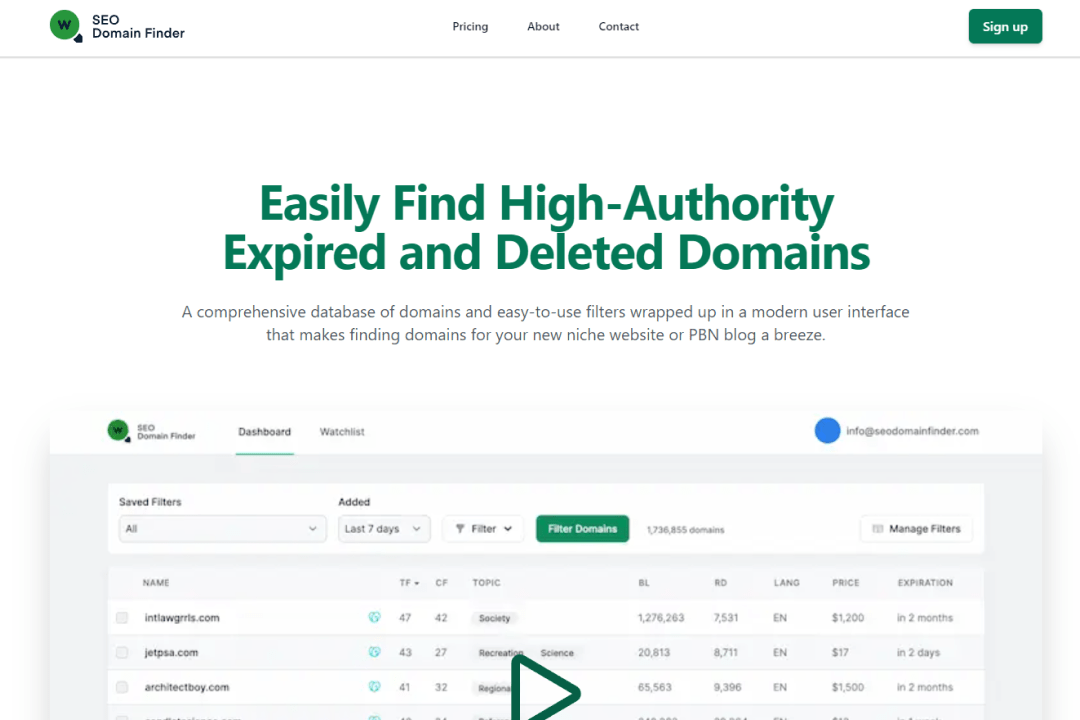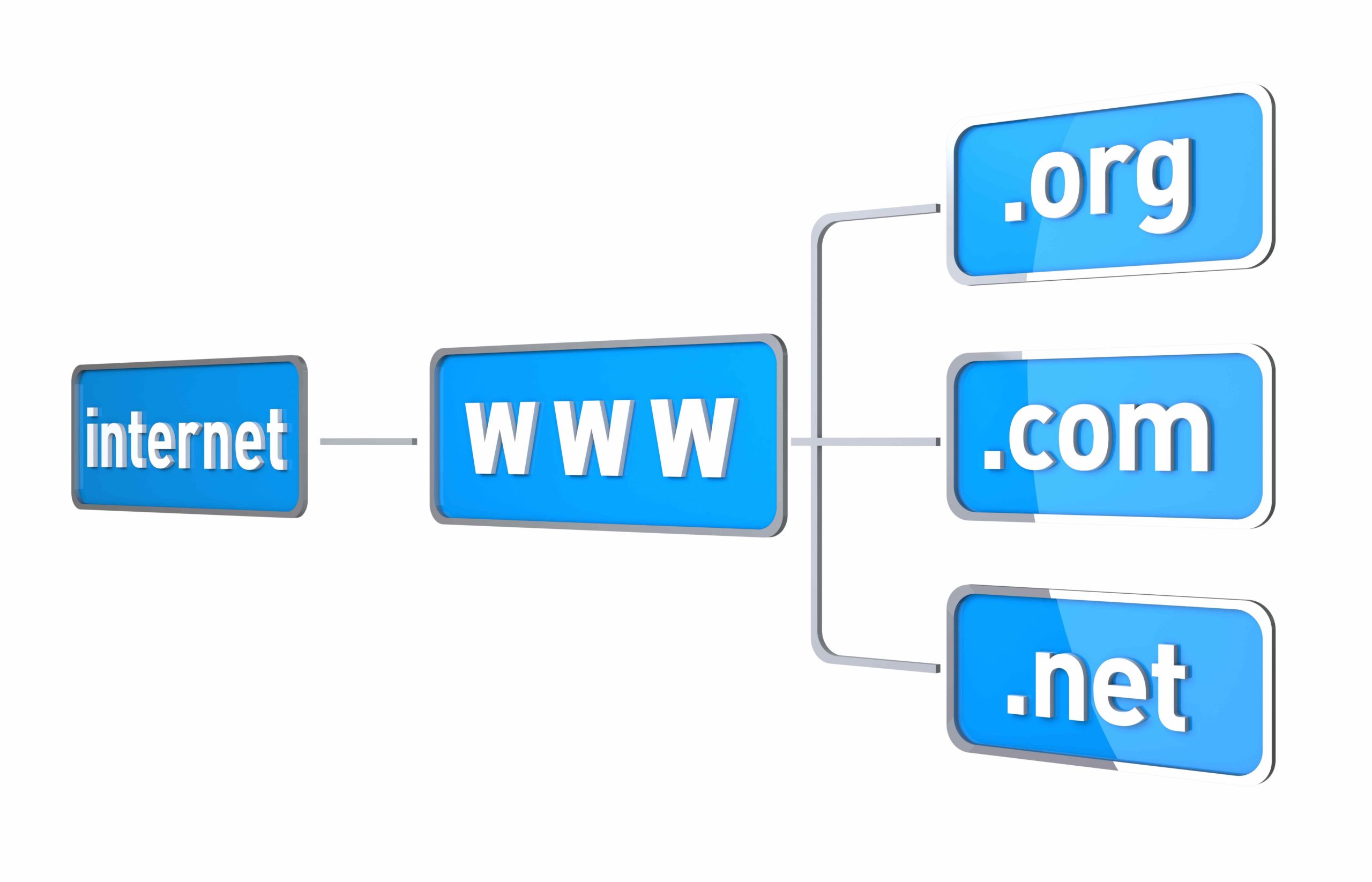
When creating a website, two crucial terms frequently arise: domain hosting and web hosting. While these services work together to make your website visible online, they serve different purposes. Knowing the distinction is crucial for setting up a functional, professional site. Let’s explore the key differences between domain hosting and web hosting and how they impact your online presence.
Key Takeaways
- Domain hosting manages your website’s address, while web hosting stores and serves your website’s content, and both are essential for an online presence.
- Domain hosting handles domain registration, DNS settings, and privacy protection, ensuring users can access your site via a recognizable web address.
- Web hosting provides the server space, resources, and tools needed to store your website’s files and make them accessible online.
- You need both domain hosting and web hosting to launch a functional website, as they work together to provide an identity and a home for your content.
- Bundling domain and web hosting is convenient, but separating them offers greater flexibility for switching providers or customizing services.
What Is Domain Hosting?
Domain hosting is the service that handles your website’s unique address, such as www.example.com. Domain hosting providers like GoDaddy and Namecheap offer services to register, renew, and manage domain names. This process ensures that your chosen domain is reserved and uniquely tied to your website.
But domain hosting doesn’t stop at registration. It also involves managing your DNS (Domain Name System) records. DNS is like an internet directory, translating your domain name into the numerical IP address that points visitors to your website’s server. Without proper DNS configuration, your domain name won’t lead users to your site. Many domain hosting services also provide add-ons like domain privacy, which protects your personal information in public databases.
By securing the right domain name and managing it effectively, you lay the foundation for a memorable and professional online presence.
What Is Web Hosting?
While domain hosting gives your website an address, web hosting provides the space where your website lives. Web hosting is a service that stores all your website files – images, videos, text, and databases – and makes them accessible 24/7 to visitors. When someone enters your domain name into their browser, their request is sent to your web hosting provider, which retrieves and displays your website’s content.
Web hosting services vary depending on your website’s size, traffic, and technical needs.
Shared hosting is a cost-effective option where multiple websites share server resources, ideal for small blogs or personal sites. VPS (Virtual Private Server) hosting offers more dedicated resources for growing businesses, while dedicated hosting provides an entire server for maximum performance.
Providers like Bluehost, SiteGround, and HostGator offer a range of hosting plans, including the increasingly popular cloud hosting, which ensures reliability by hosting your website across multiple servers.
Without web hosting, your website files would have nowhere to reside, leaving your domain name as an empty address.
Domain Hosting vs. Web Hosting: Key Differences You Need to Know
Here’s an in-depth look at the main differences between domain hosting and web hosting, broken down into categories to help you better understand their roles:
Purpose
- Domain Hosting: Focuses on registering and managing your website’s name, making it easy for users to find your site using a memorable address. Read our article How To Choose The Right Domain Name: Expert Tips And Practices to learn how to choose the best domain name for your website.
- Web Hosting: Provides server space and infrastructure to store your website’s files and deliver them to visitors when they type in your domain name.
Functionality
- Domain Hosting: Includes services like DNS management (linking the domain to your hosting server), domain privacy protection, and domain forwarding (redirecting traffic from one domain to another).
- Web Hosting: Ensures your website’s files (HTML, CSS, images, videos) are accessible 24/7. Web hosting also includes email hosting, database management, and server maintenance.
Pricing
- Domain Hosting: Typically costs $10–$50 per year, depending on the domain extension (e.g., .com, .org, .tech) and optional features like privacy protection. Premium domains or expired domains can cost significantly more.
- Web Hosting: Costs vary based on the hosting type. Shared hosting plans start at $3–$10 per month, while VPS hosting, dedicated, or cloud hosting can range from $20 to hundreds of dollars monthly, depending on your site’s needs.
Technical Aspects
- Domain Hosting: Involves DNS settings and domain configuration, which dictate where your domain points (e.g., web hosting server, email server).
- Web Hosting: Involves technical resources like storage space, bandwidth, CPU power, and RAM to handle your website’s data and traffic demands.
Dependency
- Domain Hosting: Cannot function on its own to display a website; it requires web hosting to store the site’s content.
- Web Hosting: Needs a domain name to make the website accessible via a user-friendly address. Without a domain, visitors must use the server’s IP address, which is not practical.
Setup Process
- Domain Hosting: You register a domain name through a domain registrar, configure DNS settings, and link the domain to your web hosting provider. This process is usually simple and guided by the domain hosting service. Learn more about how to register a domain name here: https://quirk.biz/how-to-register-a-domain-name-an-ultimate-guide/
- Web Hosting: After purchasing a hosting plan, you upload your website’s files to the server, set up databases if needed, and connect your domain via DNS settings.
Common Add-Ons
- Domain Hosting: Often includes WHOIS privacy protection, email forwarding, domain locking, and renewal reminders. Some providers also offer SSL certificates.
- Web Hosting: Frequently includes website builders, one-click CMS installations (e.g., WordPress), email hosting, security features (e.g., firewalls, malware scans), and backups.
Flexibility
- Domain Hosting: Allows you to change web hosting providers without transferring the domain name, giving you the flexibility to switch hosts if needed.
- Web Hosting: Switching hosts requires migrating your website files, databases, and configurations, which can be time-consuming if not managed carefully.
Quick Comparison Table
| Feature | Domain Hosting | Web Hosting |
|---|---|---|
| Purpose | Manages the website’s address (domain) | Stores and serves website content |
| Primary Providers | GoDaddy, Namecheap, Google Domains | Bluehost, SiteGround, HostGator |
| Cost | $10–$50/year | $3–$100+/month |
| Functionality | DNS settings, domain registration | File storage, server maintenance, backups |
| Add-Ons | Privacy protection, domain forwarding | Email hosting, website builder, SSL |
| Dependency | Needs web hosting to display a website | Needs a domain for public access |
Understanding these differences can help you make better decisions when setting up your website, ensuring you choose the right providers for your domain and hosting needs.
Can You Have a Domain Without Web Hosting? Or Web Hosting Without a Domain?
No, you need both domain hosting and web hosting to launch a fully functional website.
Some platforms, like WordPress.com or Wix.com, offer free subdomains (e.g., yourname.wordpress.com), eliminating the need for a custom domain. However, these solutions limit your branding opportunities and make you look less professional. (If you are interested in brand marketing, read this article: https://quirk.biz/what-is-brand-marketing-all-you-need-to-know/) For credibility and full control, it’s best to secure your own domain name and connect it to a reliable web hosting service.
Should You Bundle Domain Hosting and Web Hosting? Pros and Cons
Bundling domain hosting and web hosting with the same provider is convenient, especially for beginners. Some hosting companies offer packages that include both services, simplifying setup and reducing administrative tasks. These bundles are great for first-time website owners who want everything in one place.
However, separating these services can give you greater flexibility and control. If your web hosting provider’s performance or support falls short, switching hosts is easier when your domain is managed separately. For instance, keeping your domain with Namecheap while hosting with SiteGround allows you to change hosts without affecting your domain. Additionally, splitting services can help you find the best pricing and features for each.
Ultimately, the decision to bundle or separate depends on your technical skills, long-term goals, and budget.
Conclusion
Both domain hosting and web hosting are essential for creating a website, but they serve distinct purposes. Domain hosting provides your site with a memorable address, while web hosting ensures your content is stored and accessible to visitors. Together, these services create the framework for your online presence.
Whether you choose to bundle or manage them separately, understanding how domain hosting and web hosting work empowers you to make informed decisions and avoid common pitfalls.
By selecting reliable providers for each, you can build a website that’s professional, functional, and always online.
Boost your website’s success by investing in the right hosting services – and watch your online presence thrive.











































































































